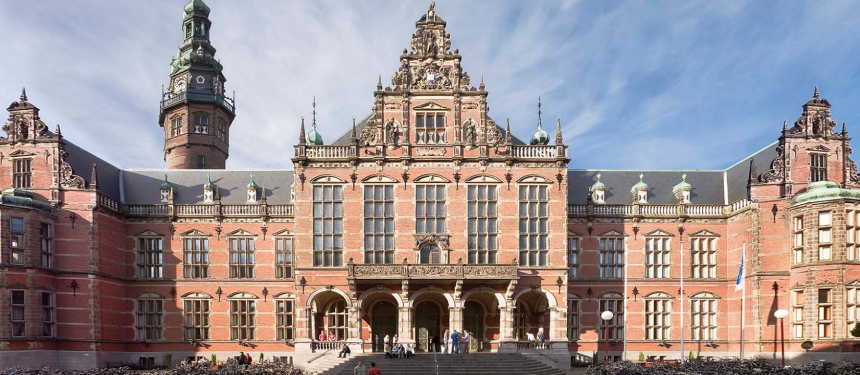The University of Groningen has abandoned plans to offer degrees at its new branch campus in eastern China, citing “insufficient support” within the University Council for the proposal.
News and business analysis for Professionals in International Education
Have some pie!
Dutch university withdraws from China campus degree plans
 The aim of the campus was to enable students and staff from Groningen to gain experience abroad. Photo: rug.nl
The aim of the campus was to enable students and staff from Groningen to gain experience abroad. Photo: rug.nl The University of Groningen Yantai, located in Shandong province, was formed following a 2015 agreement signed by the university, Beijing’s China Agricultural University, and the Yantai city government.
It was initially planned that UGY would offer four Bachelor’s degrees and two Master’s degrees to students starting in September 2018, with many parts of the Yantai campus already established.
“In the near future, we will investigate, together with the faculties and degree programs, which other forms of collaboration are possible in Yantai”
The aim of the campus was to enable students and staff from Groningen to gain experience abroad and give researchers the chance to conduct “ground-breaking” research in China, and for UG to become the first Dutch university to open a branch campus in China.
In November 2017, it was reported that president of the University Board, Sibrand Poppema, sought to reassure the University Council that the inclusion of a representative of the Chinese Communist party on the board of the Yantai campus would do “nothing to alter” academic freedom and independence.
In a recent statement, however, Poppema said the Board is cancelling its plans to offer entire degree programs under the responsibility of the UG in Yantai.
“In the near future, we will investigate, together with the faculties and degree programs, which other forms of collaboration are possible in Yantai,” he said.
The statement went on to say that internationalisation is one of the most important aspects of the UG’s strategic plan to improve quality and drive innovation and diversity.
“The UG has been collaborating in teaching and research with other international universities for decades, including in China. This has contributed substantially to the position the UG now holds in the global academic world,” it read.
A spokesperson for UG confirmed with The PIE News that the main reason for the withdrawal is the lack of major support in the University Council for the plans, but that there is no definitive decision to fully stop plans for collaboration in Yantai.
“Internationalisation is one of the most important aspects of the UG’s strategic plan…and the establishment of branch campuses is an explicit part of this plan,” they said.
The spokesperson said the University Council voted in favour of the strategic plan in 2016, with the majority voting in favour of the proposal for the establishment of a branch campus in Yantai.
However, they said the current situation is that “the board of UG has decided to reconsider the plans”, meaning “UG will cancel its plans to offer entire degree programs under the responsibility of the UG in Yantai”.
“Instead of that, we will investigate together with the faculties which forms of collaboration are possible in Yantai,” they added.
Since 2003, more than 2,000 education joint ventures between Chinese and international universities have been established.
Still looking? Find by category:


